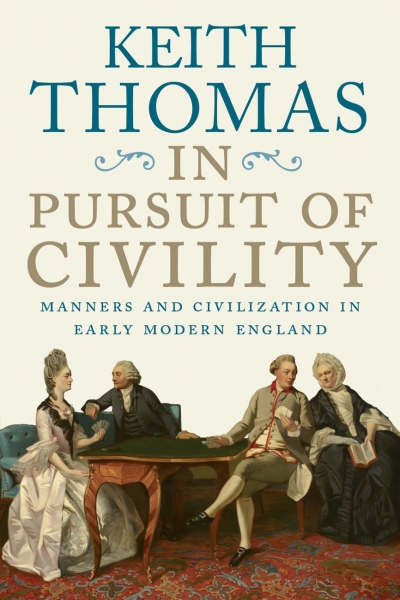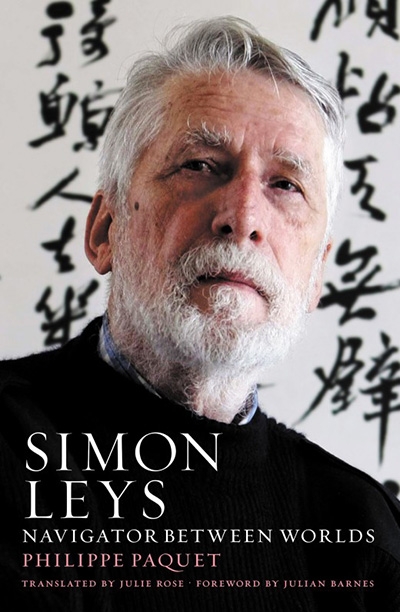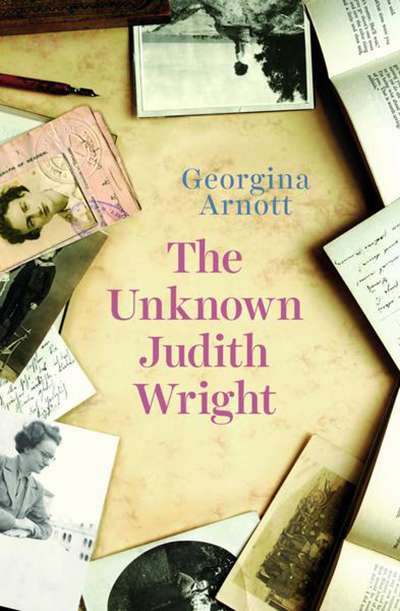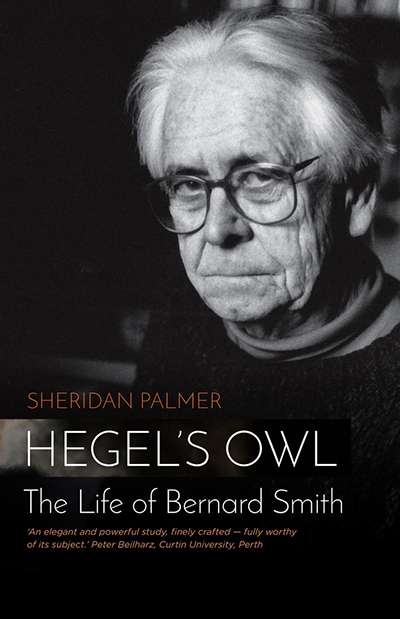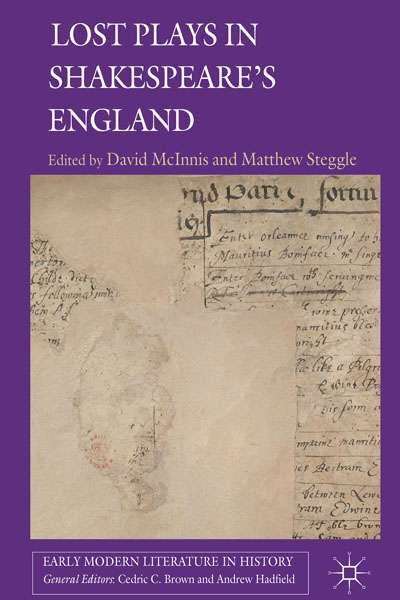Ian Donaldson
Once neglected within the academy and relegated to the dustier recesses of public bookstores, biography has made a notable return over recent years, emerging, somewhat surprisingly, as a new cultural phenomenon, and a new academic adventure. In a move that’s perhaps indicative of this revival, the British bookseller Waterstones recently placed their biography section at the very front of their stores, renaming it boldly, LIFE. Biography has similarly taken prime position in our nightly television, with programmes such as Dynasties, Australian Story, Talking Heads and Enough Rope. It has bagged the front stalls in our cinemas, where the lives of Casanova and Kinsey, of Truman Capote and Elizabeth I, of Johnny Cash and Alexander the Great are played out on the big screen. In our public libraries, readers huddle over computer terminals, busily researching their family genealogies. The National Library of Australia is now constructing its new coordinated online resource for biographical researchers, the People’s Portal, and has recently launched its latest publishing venture, a series of titles devoted to (what else?) Australian Biography.
... (read more)In Pursuit Of Civility: Manners and civilization in early modern England by Keith Thomas
Simon Leys: Navigator between worlds by Philippe Paquet, translated by Julie Rose
Originally published in German, Albrecht Dümling’s The Vanished Musicians: Jewish refugees in Australia (Peter Lang), a fascinating compendium of Jewish musicians who found refuge in Australia in the 1930s and 1940s, is now available in Australian Diana K. Weekes’s excellent translation ...
... (read more)Jennifer Maiden's The Fox Petition: New Poems (Giramondo) conjures foxes 'whose eyes were ghosts with pity' and foxes of language that transform the world's headlines
... (read more)Early success is no guarantee of a book’s continued availability or circulation. Some major and/or once-fashionable authors recede from public consciousness, and in some cases go out of print. We invited some writers and critics to identity novelists who they feel should be better known.
Hamlet belongs to the final years of Elizabeth’s reign, when the system of espionage the old queen had created through her spymaster-general, Francis Walsingham – the network of ‘watchers’, as Stephen Alford calls them in a recent brilliant study of this phenomenon – had become an acknowledged part of everyday life in England. In the theatre, these ...
Hamlet belongs to the final years of Elizabeth’s reign, when the system of espionage the old queen had created through her spymaster-general, Francis Walsingham – the network of ‘watchers’, as Stephen Alford calls them in a recent brilliant study of this phenomenon – had become an acknowledged part of everyday life in England. In the theatre, these ...

